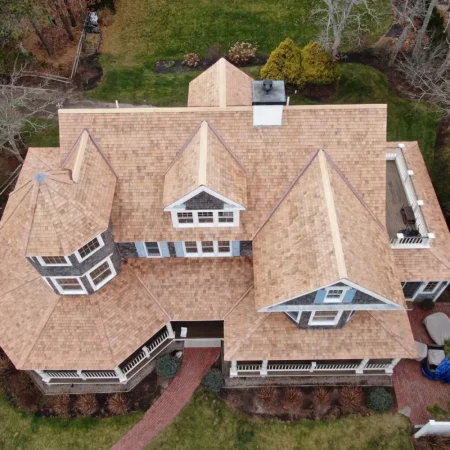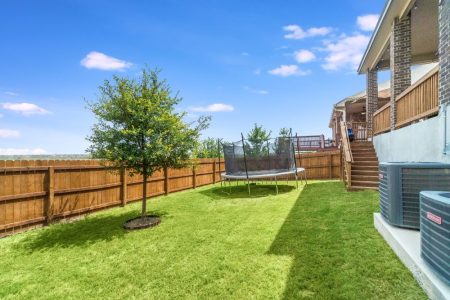
Interior design is more complicated now. Unique, innovative styles are being developed. Kitchen countertops are becoming works of art and home decor.
Granite, marble, quartz, quartzite, solid surface, ultra-compact, cultured marble, and others are kitchen countertops. Selecting a house countertop might be tricky. What’s your style? The style above maintenance? Would you prefer a hard stone over a soft one? We realize it’s daunting to examine all of them. Thus, we have prepared a countertop guide that covers everything you need to know before buying the right stone.
Marble
Marble style is easy! Elegant, glossy, and ageless, it looks wonderful. Marble is softer and more porous than other stones, making it more subject to chipping, staining, and scratching.
PROS
- Beauty—classic and timeless
- Availability—marble is available at most stone fabricators due to its strong demand.
- Smooth surface
CONS
- Scratching/chipping
- Stainable
- Higher maintenance—professionally seal the surface every six months and remove spills/messes quickly to prevent damage and discoloration.
Granite
Americans love granite. It’s scratch-proof and heat-resistant. Granite may discolor from acidic substances if left on the countertop for too long because of its porosity.
PROS
- Heatproof
- Scratch-resistant
- Low-maintenance
- When professionally sealed, granite resists chemicals and stains.
CONS
- Porous material—if not sealed correctly or if the sealant wears off, granite can absorb permanent stains.
- Cost: Rare designs can be expensive.
- Chipping/cracking—rare but possible if a heavy object is dropped on a corner or edge.
Quartzite
Quartzite countertops are stronger than marble and granite. It looks like marble but is more durable. Quartzite is scratch-prone yet UV-resistant, making it ideal for outdoor kitchens.
PROS
- Durable
- Low-maintenance
- UV-resistant—no fading outside
CONS
- Scratching—use a cutting board.
- Heat damage—use trivets for hot pots and pans
- To avoid further damage, have it properly fitted and sealed regularly.
- Due to its naturalness, quartzite has fewer color selections and more neutral tones.
Quartz
Quartz is durable, non-porous, and simple to keep, unlike quartzite. Since it is man-made, quartz may be found in a wide variety of hues and textures, and it can also be manufactured to look extremely luxurious.
PROS
- Durable
- Non-porous—no sealant needed
- Many styles and colors
- Scratch-resistant
- Stain-resistant
- Bacteria-free
CONS
- Price
- Heat-sensitive
- Not for outdoor usage
Solid Surface
Solid surface countertops comprised of polyester resins, pigments, and other materials, do not require seams. It fits sinks and backsplashes, is flexible, and comes in several colors.
PROS
- Durable
- Smooth surface
- Seamless
- Sanding streaks and scratches
- Many colors and designs
CONS
- Heat-sensitive
- Scratches and dents
- Stains possible
- Solid Surfaces
Tiny
Ultra-compact surfaces are formed by heating and pressing glass, porcelain, and quartz to create a virtually unbreakable material. Today’s most durable countertops are these!
PROS
- Durable
- Heatproof
- Scratch-resistant
- UV-resistant for outdoor use
CONS
- Limited fabricators and installers—proper installation needs certification, making it harder to locate a reputable technician who can perform a great job.
- Ultra-Compact
Cultured Marble
Cultured marble adds playfulness to natural marble. Marble dust and polyester resin create natural-looking colors and patterns. Cultured marble doesn’t need sealer because it’s man-made and non-porous. Clear gel lines the molds for a translucent finish.
PROS
- Low-maintenance
- Durable
- Customizable
- Affordable
CONS
- Scratches are hard to remove
- Stain-prone
- Cultured Marble
All of these surfaces are perfect for kitchens and bathrooms. To pick the right countertop, consider your priorities, such as style and durability.




